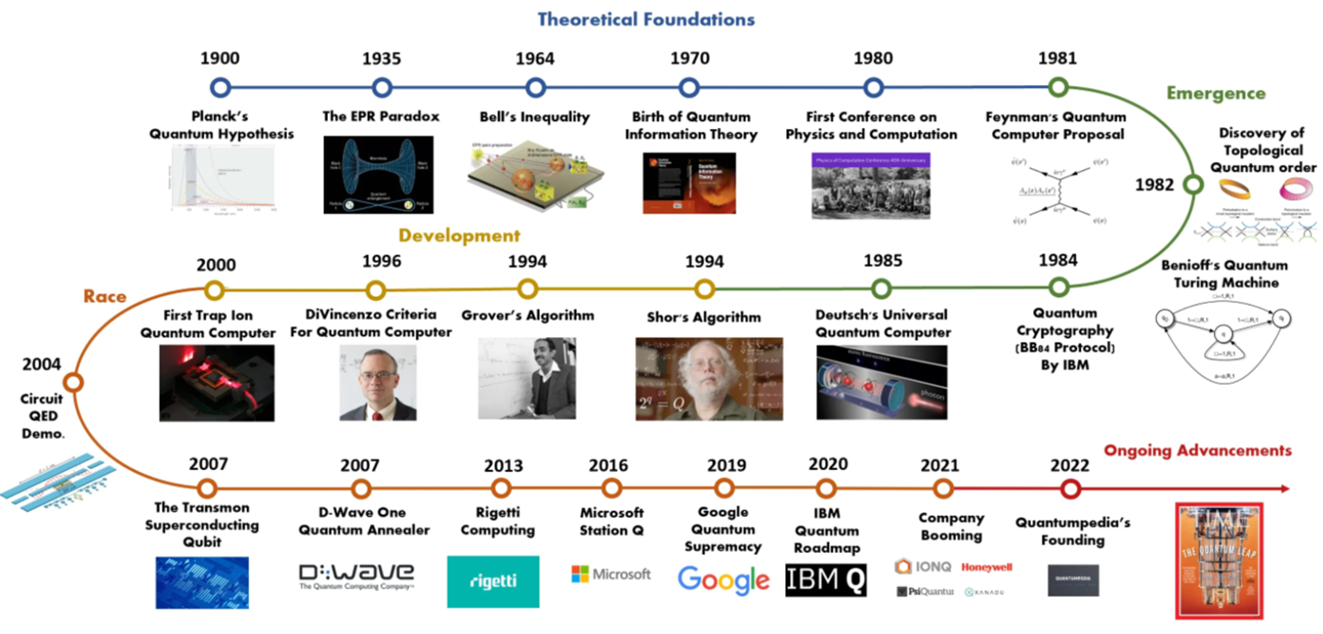
Shielding Secrets: Fortifying Government and Military Data Today with Secure, Cost-Effective, Quantum-Safe Solutions
The Commercial Solutions for Classified (CSfC) program was established by NSA, in 2010. This program allows the United States Government and military entities to take advantage of cutting-edge innovations, and access affordable commercial technologies, while maintaining the necessary stringent security standards. Prior to the CSfC program, US Government Agencies relied primarily on specialized, and often expensive solutions, to secure classified information. Advancements in commercial cybersecurity technologies such as quantum-safe solutions, present an opportunity to leverage trusted off-the-shelf products with cost benefits.

At the annual CSfC Conference in May 2023, NSA representatives shared the spy agency's perspective on planning, preparing, and budgeting, to transition to quantum-resistant algorithms. This is outlined in CNSA 2.0 which informs National Security Systems (NSS) on algorithms to safeguard from the emerging threat from quantum computers. CNSA 2.0 was provided in accordance with authorities detailed in NSD-42, NSM-8, NSM-10, CNSSP 11, and CNSSP 15. NSA Technical Director for Cryptographic Solutions, William Layton presented an overview on ‘Post-Quantum CSfC’. The message was simple: the time is now, and the immediate, currently available solution is to add in pre-shared keys.
This urgency is driven by the fact that in the future, large-scale quantum computers will crack today’s public key encryption, putting at risk the security and integrity of information in our government and military operations. Breakthroughs in quantum computing are increasing at an unanticipated rate, bringing the horizon of the quantum era ever closer. Simultaneously, this means the quantum threat looms over the security of our digital data. It is imperative to adopt quantum-safe solutions to protect our nation’s classified data throughout government and military systems.

-
Rapid migration time
-
Hyper-scalability
-
Crypto-agility to support evolution of algorithms
-
Low implementation complexity
-
Low latency
-
Ease of key management